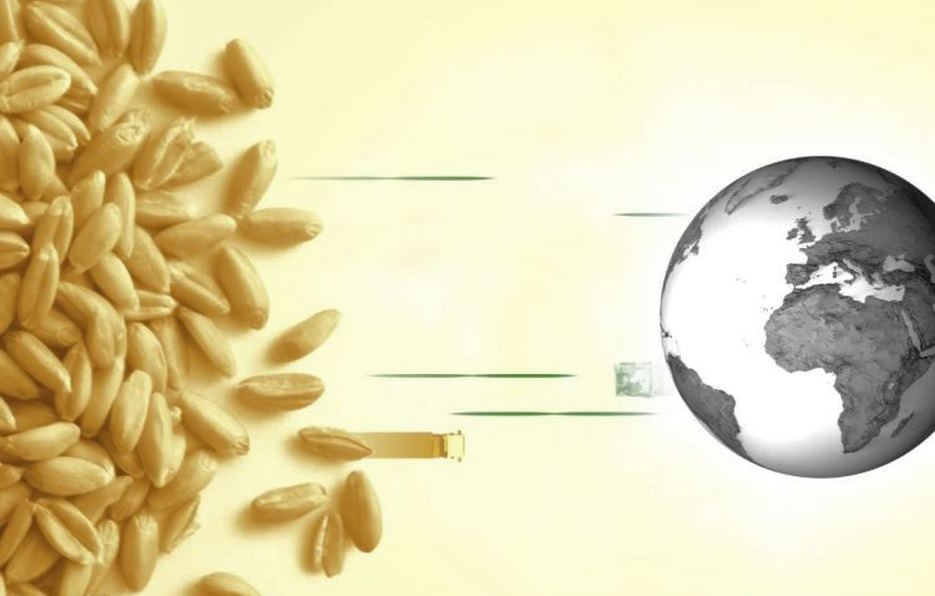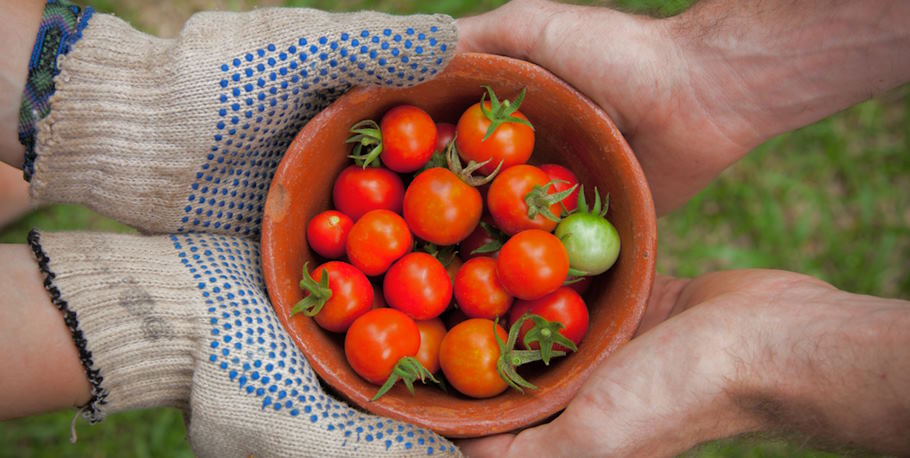Europe’s position in the global food trade is of utmost importance, as it plays a significant role in both food exports and imports. With its diverse agricultural landscape and established trade networks, Europe serves as a major player in meeting the world’s food demands. This article aims to provide an overview of Europe’s involvement in the global food trade, shedding light on export and import trends. By examining the top commodities, key markets, driving factors, and challenges, we can gain valuable insights into the dynamics shaping Europe’s position in the global market. Read More
As the global economy becomes increasingly interconnected, trade liberalization has emerged as a prominent force driving economic growth and fostering international cooperation. However, the pursuit of open markets and the unrestricted flow of goods often comes into conflict with the principles of food sovereignty, which emphasize local control, sustainable agriculture, and equitable access to nutritious food. Striking a delicate balance between economic interests and the preservation of local food systems is a pressing challenge in today’s world. Read More
Efficient and reliable infrastructure plays a pivotal role in the success of food exports, enabling countries to meet the demands of a globalized market. In an era where international trade in agricultural products is booming, the state of infrastructure has become a critical factor in determining a nation’s ability to compete and thrive. From robust transportation systems and state-of-the-art storage facilities to advanced digital networks, the quality and adequacy of infrastructure directly impact the speed, safety, and cost-effectiveness of food export processes. Read More


